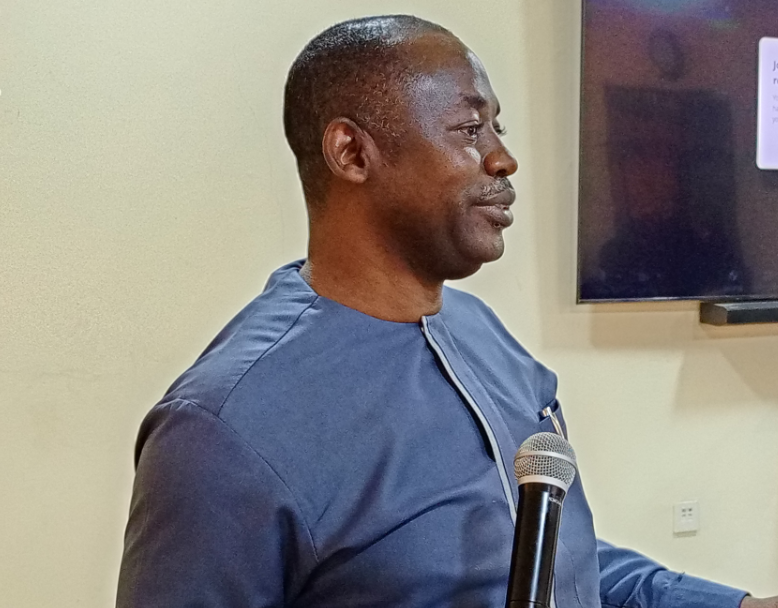By Godfred A. Polkuu
Navrongo (U/E), Feb. 28, GNA – The Navrongo Health Research Centre (NHRC) in the Kassena-Nankana Municipality of the Upper East Region has organized its annual scientific review meeting to enable the Centre take stock of its activities and strategize for continuous excellent research work.
The meeting brought together health scientists and researchers from the Centre, the Kintampo and Dodowa Health Research Centres, officials from the Ghana Health Service (GHS) and other stakeholders to deliberate and share ideas on how to improve health research in the country.
It was on the theme: “Exploring the synergies between health research and academia for development and excellence in tertiary education.”
Dr Patrick Odum Ansah, the Director of the NHRC, in an interview with the Ghana News Agency on the sidelines of the meeting, said the annual scientific meeting was to showcase the work they had done over the year.

“We have done so many things, some are really impacting on lives and on our own development. It is said that an institution which does not review itself, is on its way to death. So we do this to keep us on track,” he said.
Dr Ansah said the review indicated that the scientific content of the Centre had improved, as more Social and Biomedical Sciences took centre stage.
“I was actually very impressed with the Biomedical Scientists, especially with their presentations. It was a joy watching them relate to us what they have done over the year. Our drive is to build more capacities of young Scientists,” he said.
The Director disclosed that the Centre had started new initiatives for the year 2024, “We are working on a study on anti-malaria developed by Novartis. We got approval last year, and recruitment has just started.”
He said even though malaria was not at its peak season and the Centre found it difficult to recruit cases, they would engage facilities beyond Navrongo to get some cases to put the drug to test.
He said the Centre, through its work, would continue to contribute its knowledge to the cause of severe malaria.
On challenges of the Centre which affected its smooth operations, apart from the lack of staff, Dr Ansah expressed worry about frequent power surges in the area, and said the Centre had spent huge sums of money to secure its equipment, which frequently broke down, due to the unstable power situation.
He said laboratory equipment was expensive, and management of the Centre continued to spend huge sums to replace such equipment to keep the Centre running.
Dr Samuel Kwabena Boakye-Boateng, the Upper East Regional Director of the GHS, said the theme for the meeting was appropriate within the larger context of Ghana’s Ultimate Health System Goal and the GHS goal of Universal Health Coverage.
He said bringing together health researchers and academics from various disciplines could foster innovative research and teaching approaches, adding that “Collaboration between NHRC and Education Institutions can lead to the development of new, evidence-based teaching methods for health-related subjects.”
Dr Boakye-Boateng noted the need for integration of latest health research findings into curricula that could provide students with up-to-date knowledge and practical skills.
That, the GHS Director said, could help prepare them for careers in health-related fields and contribute to the overall excellence of tertiary education programmes.
“Engaging students in health research projects can provide valuable hands-on experience and mentorship opportunities and inspire the next generation of health researchers and practitioners to contribute to the development of a culture of research excellence within tertiary education institutions,” he added.
Dr Boakye-Boateng appreciated the works of the NHRC across the Region and the effective collaboration with the District Health Directorates, hospitals and Health Centres in the Region.
He said the GHS in the Region would continue to work with the NHRC to harmonize its work plans per service delivery and importantly in the light of its mandate in research.
GNA